To help customers, Partners, suppliers and the communities in which we operate lead healthier, happier lives.
Performance highlights
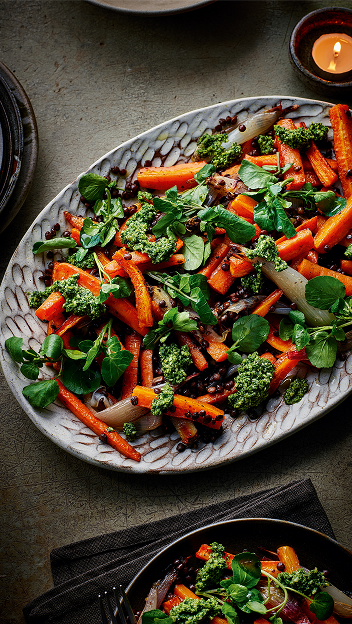
25%
We’re boosting fibre content by adding more wholegrains, legumes, veg, nuts and seeds to recipes and products.
Eat more fibre
We’re on a mission to increase fibre content across key categories by 25% by 2030. As part of that mission, which aligns with the National Food Strategy, we became the first retailer to join the Beans is How coalition, promoting beans as a sustainable, healthy and inexpensive source of protein.

90%
Of Home-Start volunteers felt some parents struggle to play with their children.
Inclusive play
For National Play Day, we launched a new Inclusive Play course in collaboration with Home-Start UK. The course includes expert guidance and practical advice developed alongside the Centre for Research on Play in Education, Development and Learning at the University of Cambridge, with further input from the LEGO Group
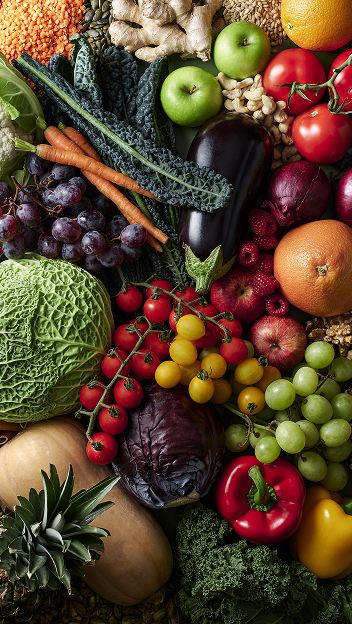
30
Plants a week - we helped customers understand the benefits of a more diverse plant intake.
Plant power
To help our customers eat more plants and increase their fibre intake we ran a 30 Plants campaign alongside new product innovation and the introduction of a Plant Varieties logo. We also developed a partnership with ZOE, the personalised nutrition and science company, launching their wholefood supplement Daily 30+. We encouraged customers to include more plants into their daily routines through recipes.
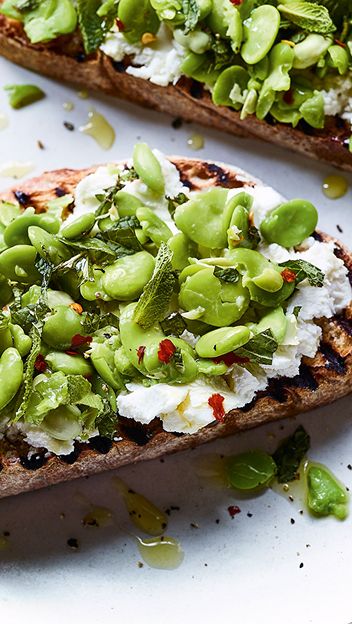
5
Modules covering the fundamentals of healthy eating.
Food and nutrition training
In 2024, we made food nutrition e-learning available to all Partners. The content, developed in partnership with the British Nutrition Foundation, explores the fundamentals of a healthy, balanced diet and empowers Partners to interpret food labels, make sustainable diet choices and hold productive conversations with customers about health and nutrition.
Our approach to nutrition and health
The demands on people's time and the impact on their lifestyles are increasingly leading to a rise in societal health challenges, such as obesity and mental health issues. A healthy, varied diet is fundamental to a healthy, happy life, but the way we currently consume and produce food has caused diet-related ill health and helped to drive nature and biodiversity loss.

The good news is a diet that is good for people is also good for the planet and spending time in green space or bringing nature into everyday life can benefit mental and physical wellbeing and resilience.
As trusted experts in nutrition and health and wellbeing, we aim to inspire our customers to make optimum choices by providing healthier products, as well as relevant services, information and guidance.
As part of ensuring an improved and balanced offering, we’ll continue to drive positive change by supporting government product reformulation programmes, advocating for consumer health-related initiatives and working collaboratively with research organisations and NGOs.



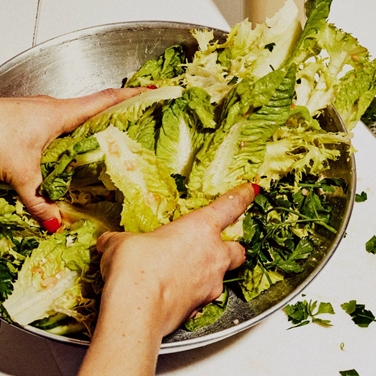




Tracking Progress
We will publicly disclose progress on an annual basis on our website and in our annual Ethics and Sustainability report.
| Commitment | Scope | Baseline | 2023 Progress | 2024 Progress | Target |
|---|---|---|---|---|---|
| Increase sales of healthy* food and drink, as a proportion of total food sales | Own brand food and drinks (excluding alcohol) | 58% (2022) | 61% | 69% | 65% by 2026 |
| Proportion of protein sales that are animal-based** | Branded and own brand food and drinks | 88% | 88% | n/a | |
| Non High Fat, Sugar or Salt (non-HFSS) sales as a proportion of total sales tonnage | Branded and own brand food and drinks (excluding alcohol) | 88% (2023) | 88% (2023) | n/a |
*As defined by our Good Health criteria
**Categories in scope of WWF basket metric


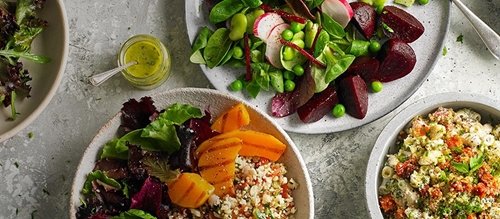





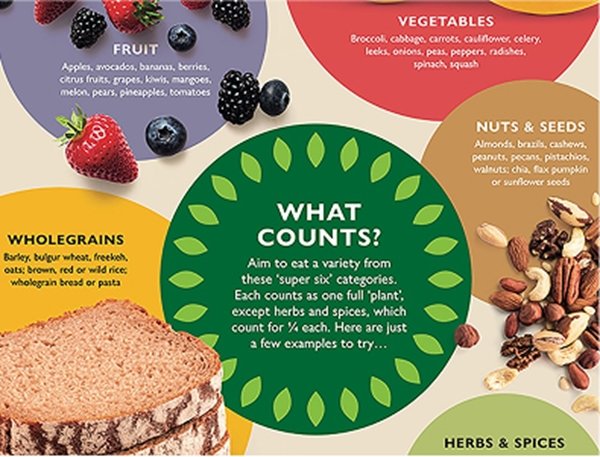
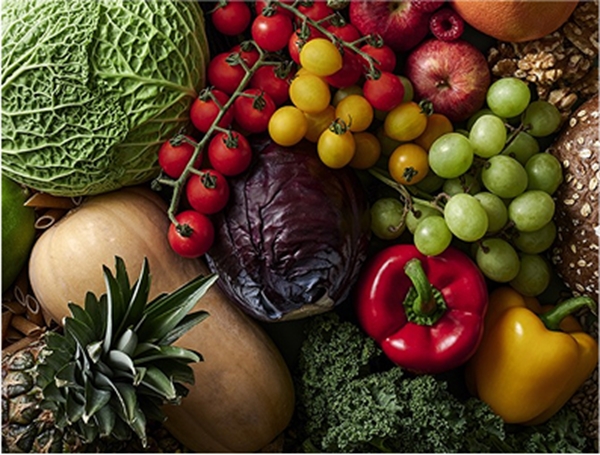
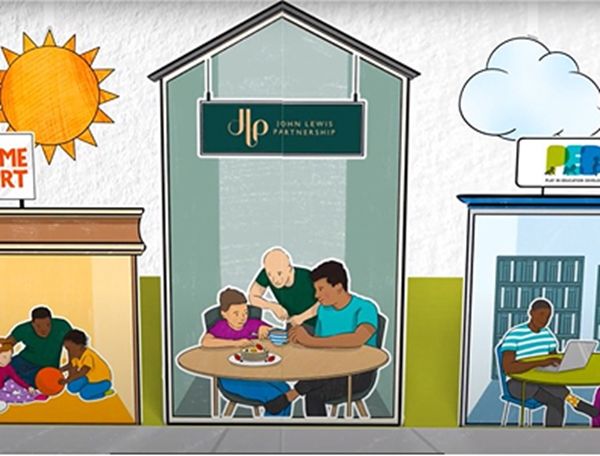
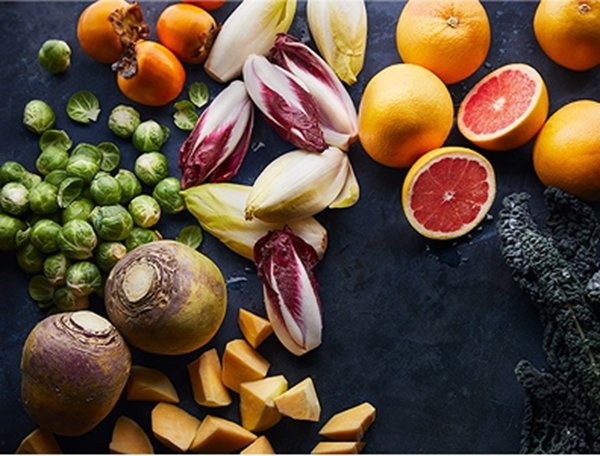

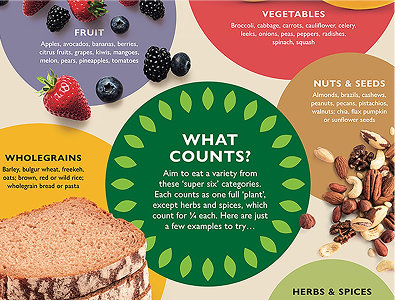
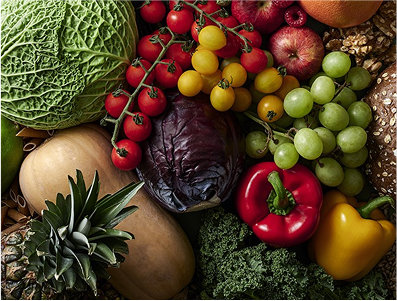
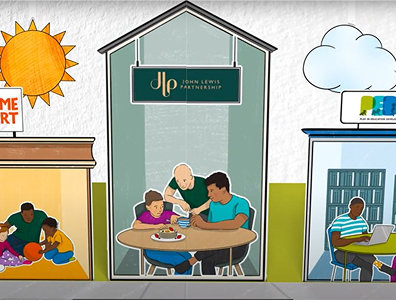
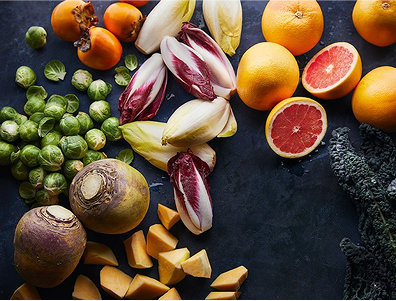
Our health, nutrition & wellbeing programmes and activity areas